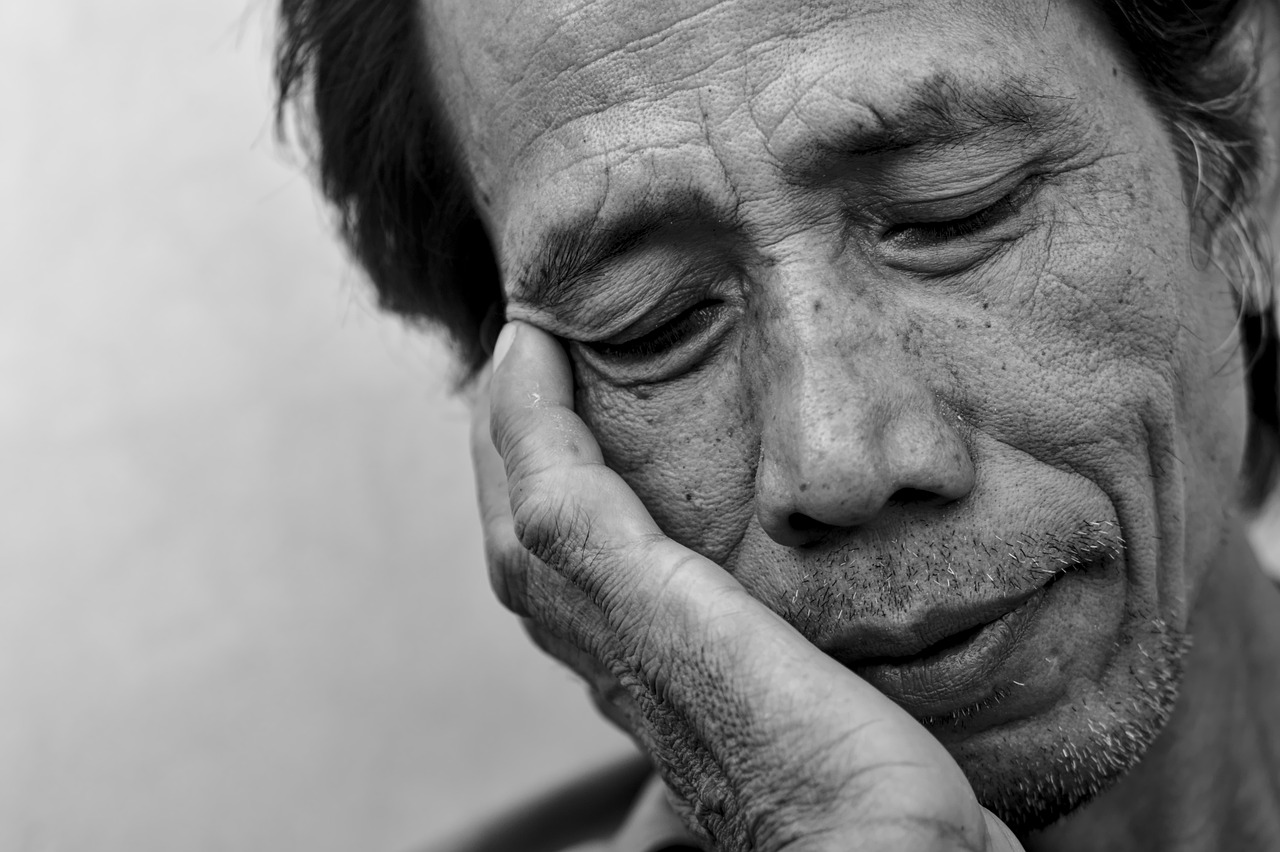“`html
Understanding Performance Anxiety: Causes, Effects, and Solutions
Performance anxiety affects individuals in various situations, from public speaking to sporting events, and even intimate encounters. It is often described as a feeling of nervousness, fear, or apprehension experienced before or during an event where a person feels their performance will be judged. For many, this anxiety can lead to detrimental effects on their ability to perform at their best. Understanding performance anxiety, its causes, and how to manage it can empower individuals to overcome their fears and enhance their performance.
What is Performance Anxiety?
Performance anxiety, often referred to as “stage fright” or “performance pressure,” is a common psychological condition. It can manifest in various ways, impacting personal and professional aspects of life.
Defining Performance Anxiety
- Psychological Aspect: A feeling of dread or panic regarding an upcoming performance.
- Physical Symptoms: Symptoms may include rapid heartbeat, sweating, trembling, nausea, or even dizziness.
- Impact on Performance: It often hampers an individual’s ability to perform effectively, leading to less than optimal results.
Common Situations Leading to Performance Anxiety
- Public speaking events
- Musical or theatrical performances
- Competitive sports
- Job interviews or evaluations
- Intimate encounters with partners
Causes of Performance Anxiety
Understanding the root causes of performance anxiety is essential for addressing and overcoming it. Various factors contribute to this condition:
Psychological Factors
- Fear of Judgment: Worrying excessively about how others perceive you can heighten anxiety levels.
- Perfectionism: Setting unrealistically high standards for oneself can create immense pressure.
- Previous Negative Experiences: A history of poor performance can instill fear of repeating past failures.
Environmental Influences
- High-Stakes Situations: Environments where performance outcomes have significant implications can increase anxiety.
- Social Comparison: Comparing oneself to peers can exacerbate feelings of inadequacy.
Effects of Performance Anxiety
The effects of performance anxiety extend beyond the immediate experience, influencing an individual’s overall well-being and performance capabilities:
Negative Consequences
- Reduced Performance: Anxiety can impair concentration and focus, leading to subpar results.
- Physical Health Issues: Chronic anxiety can lead to stress-related illnesses, including headaches and digestive issues.
- Emotional Distress: Feelings of shame, embarrassment, or inadequacy can arise from performance-related failures.
Positive Outcomes of Addressing Anxiety
- Improved Coping Mechanisms: Learning to manage anxiety can enhance overall resilience.
- Increased Confidence: Successfully confronting and managing anxiety can lead to greater self-efficacy.
Strategies to Overcome Performance Anxiety
There are several effective strategies individuals can employ to combat performance anxiety:
Pre-Performance Preparation
- Practice: Regularly rehearsing or practicing your performance can significantly reduce anxiety.
- Visualization Techniques: Imagining a successful performance can prepare the mind and reduce fear.
- Positive Affirmations: Use self-affirmations to build self-confidence and counter negative thoughts.
Mindfulness and Relaxation Techniques
- Deep Breathing Exercises: Inhale deeply to calm your nerves before the performance begins.
- Meditation: Regular meditation practice can help in achieving a calm mental state.
- Yoga: Integrating yoga can reduce stress and increase physical awareness.
Seeking Professional Help
For some individuals, the anxiety may be too overwhelming to tackle alone. Seeking professional help can be an effective route:
When to Seek Help
- If performance anxiety persists despite self-help efforts.
- If it significantly impacts daily life or work.
Therapeutic Options
- Cognitive Behavioral Therapy (CBT): This approach can help individuals reframe negative thought patterns.
- Exposure Therapy: Gradual exposure to anxiety-inducing situations can lessen fear over time.
- Medication: In certain cases, medication may be prescribed to alleviate severe anxiety symptoms.
Conclusion
Performance anxiety can be a formidable barrier to achieving one’s best self in high-pressure situations. By recognizing the symptoms, understanding the underlying causes, and implementing effective strategies, individuals can take control of their anxiety and improve their performance outcomes. Whether through self-help tactics or professional assistance, overcoming performance anxiety is a journey that leads to increased confidence and enhanced life experiences. Take actionable steps today to manage and conquer your performance anxiety!
“`



